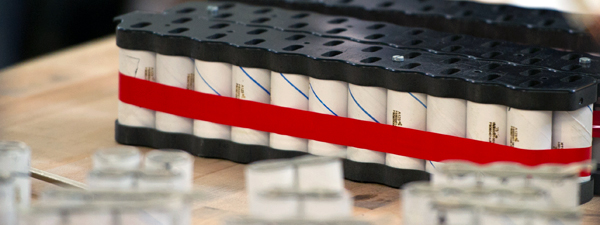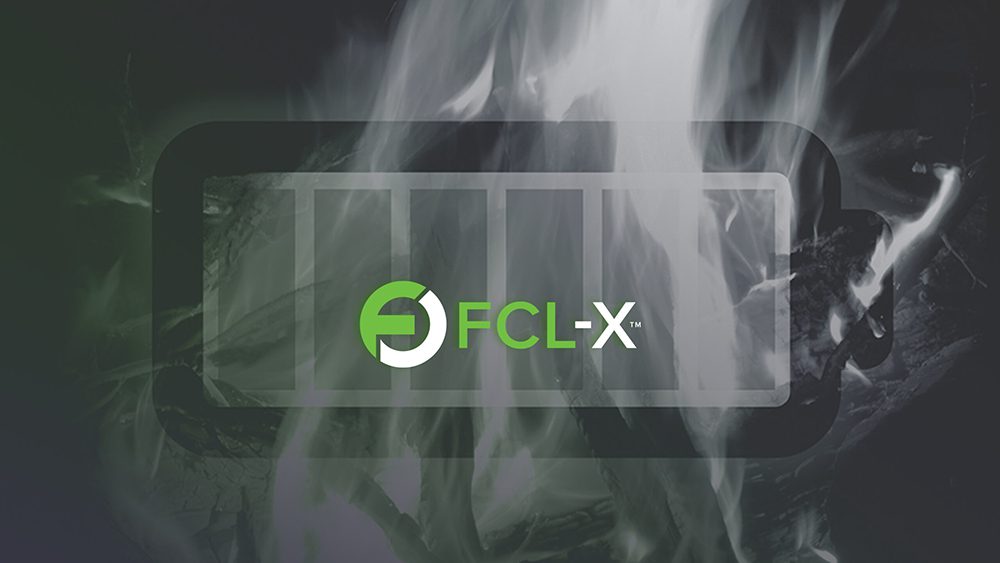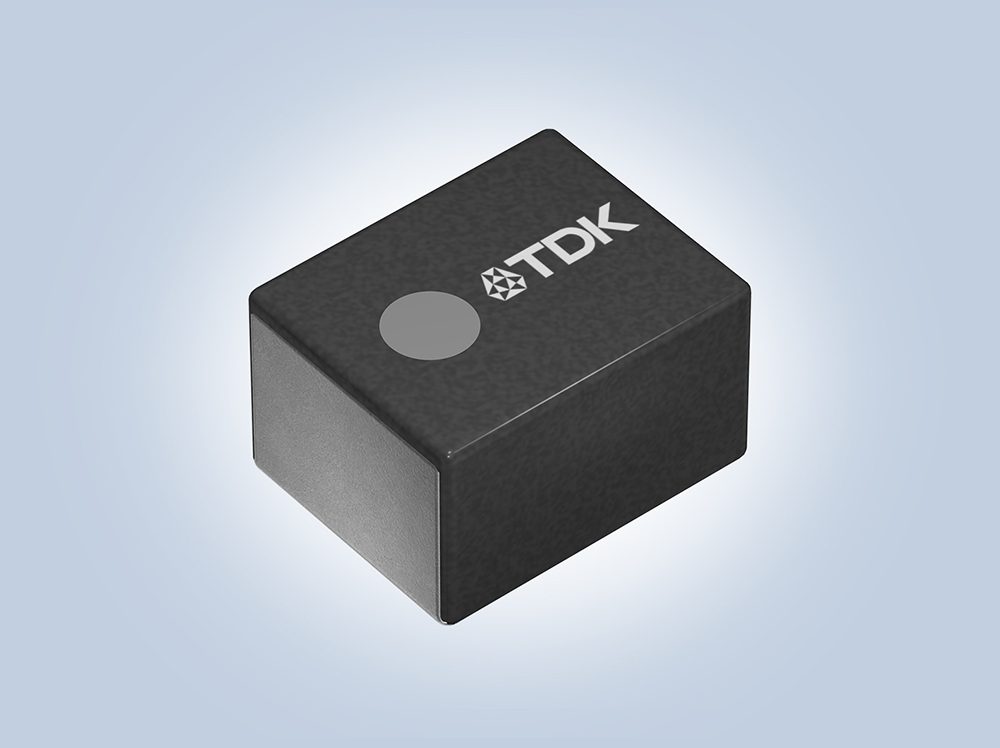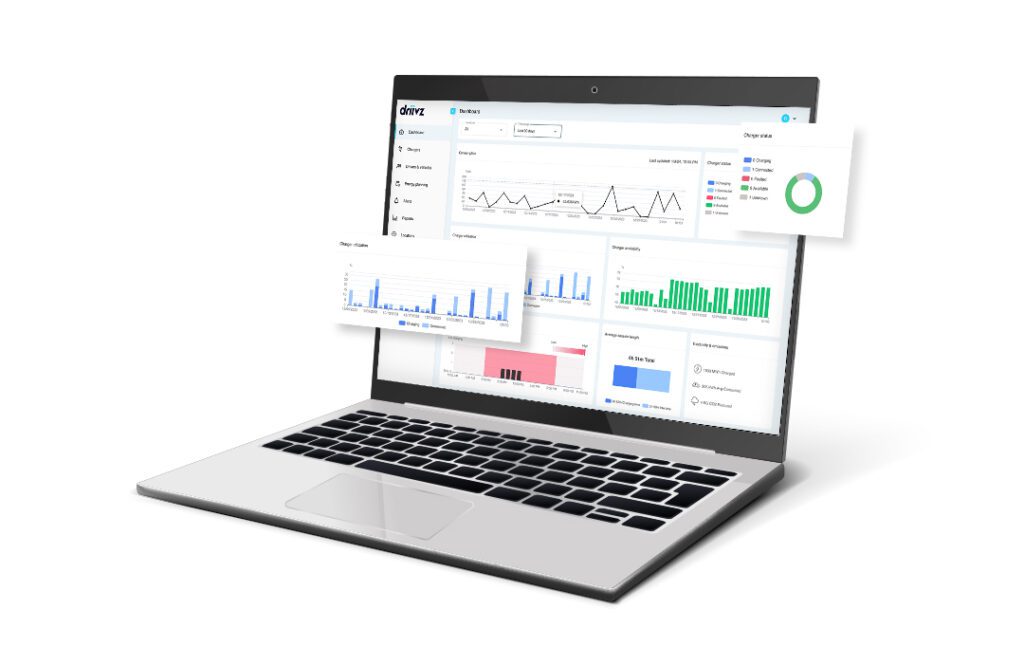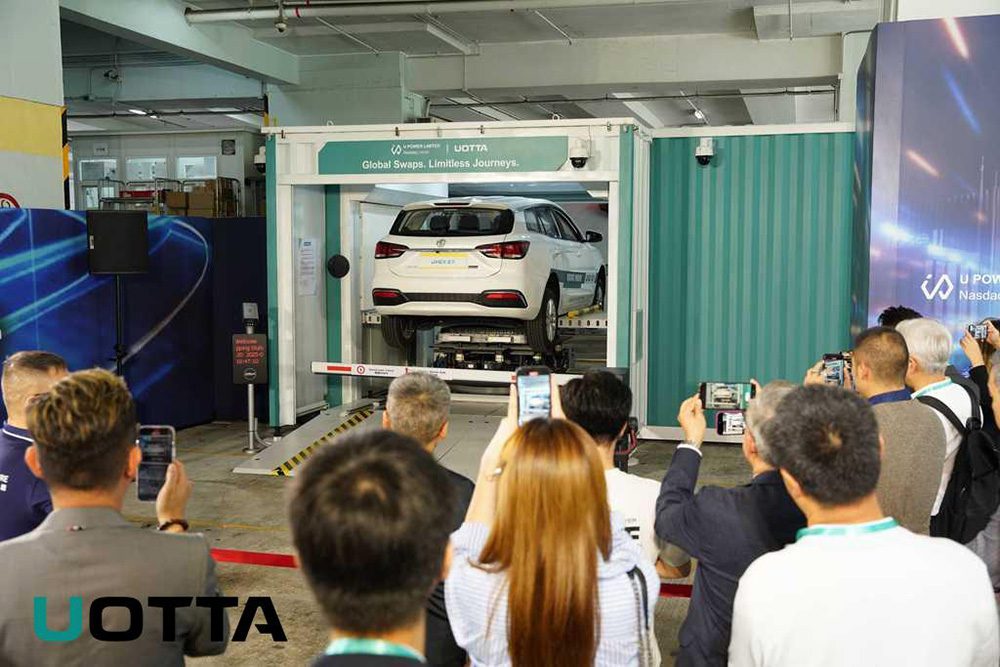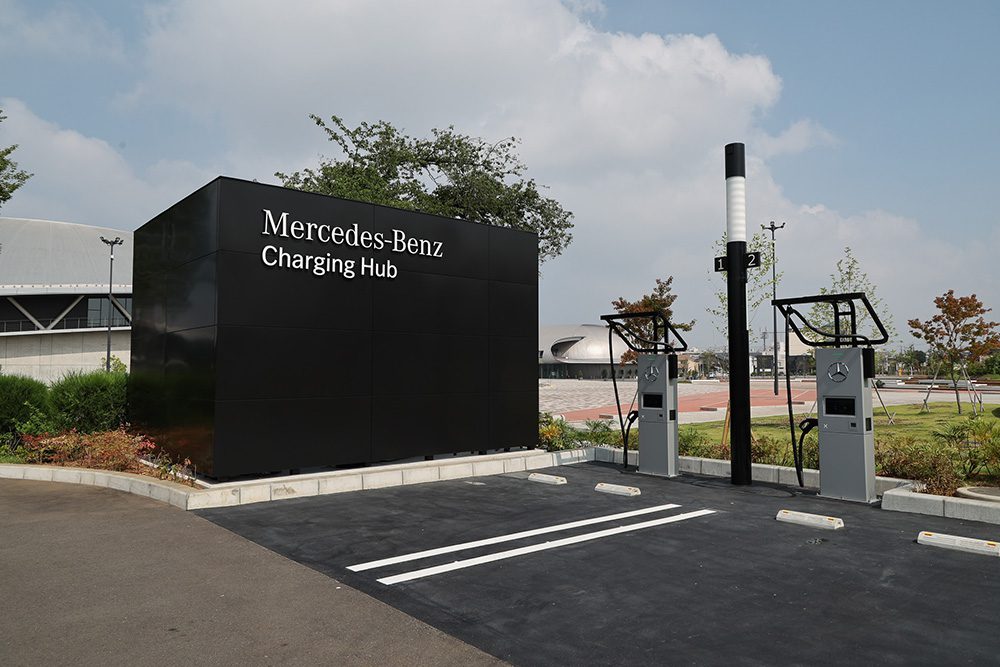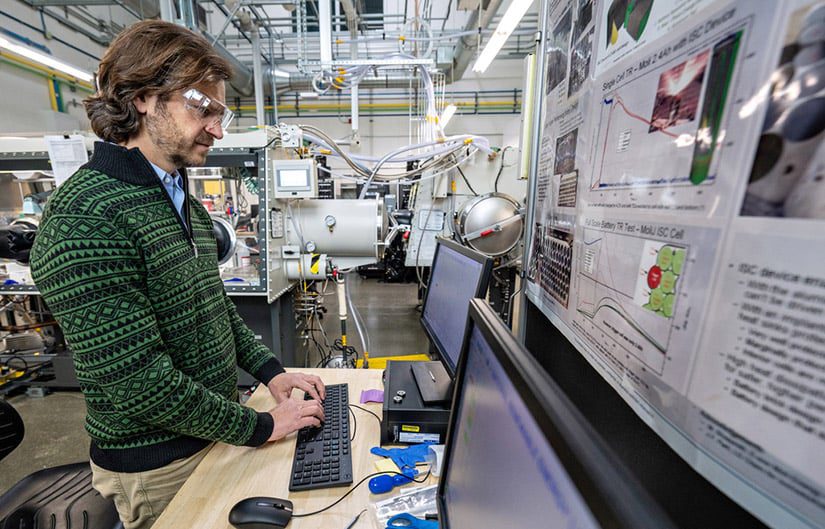A report from technology advisory firm Lux Research predicts that new battery technologies will become strong competitors with existing lithium-ion technology by 2020, and that solid-state batteries will surpass Li-ion by 2030. However, consumer electronics, not electric vehicles, will be the market driving the advances.
“While much of the motivation for next-generation batteries – whether in the public’s imagination or governments’ largesse – comes from transportation, our analysis shows that the automotive market will be the last to adopt next-generation batteries due to the extreme cost sensitivity of automakers, stringent safety and lifetime requirements, and long, cautious adoption cycles,” says Lux.

Noting that Li-ion batteries currently account for a market worth more than $10 billion, Lux says it is makers of consumer devices – today’s largest market for Li-ion technology – that will move the next generation battery market. The small, lightweight batteries available today “simply do not pack the energy required by truly novel consumer electronics.”
Lux predicts that lithium-sulfur technology “will also make strong progress, but won’t match the value propositions of solid-state and advancing Li-ion, finding only niche applications that prize excellent specific energy above all else.”
Lithium-air, which seems to have enormous potential for EVs thanks to its high energy density, is a non-factor in the consumer electronics sector, according to Lux, because of its “volumetric inefficiency and its need for peripherals.”
Image: National Renewable Energy Laboratory
Source: Lux Research







